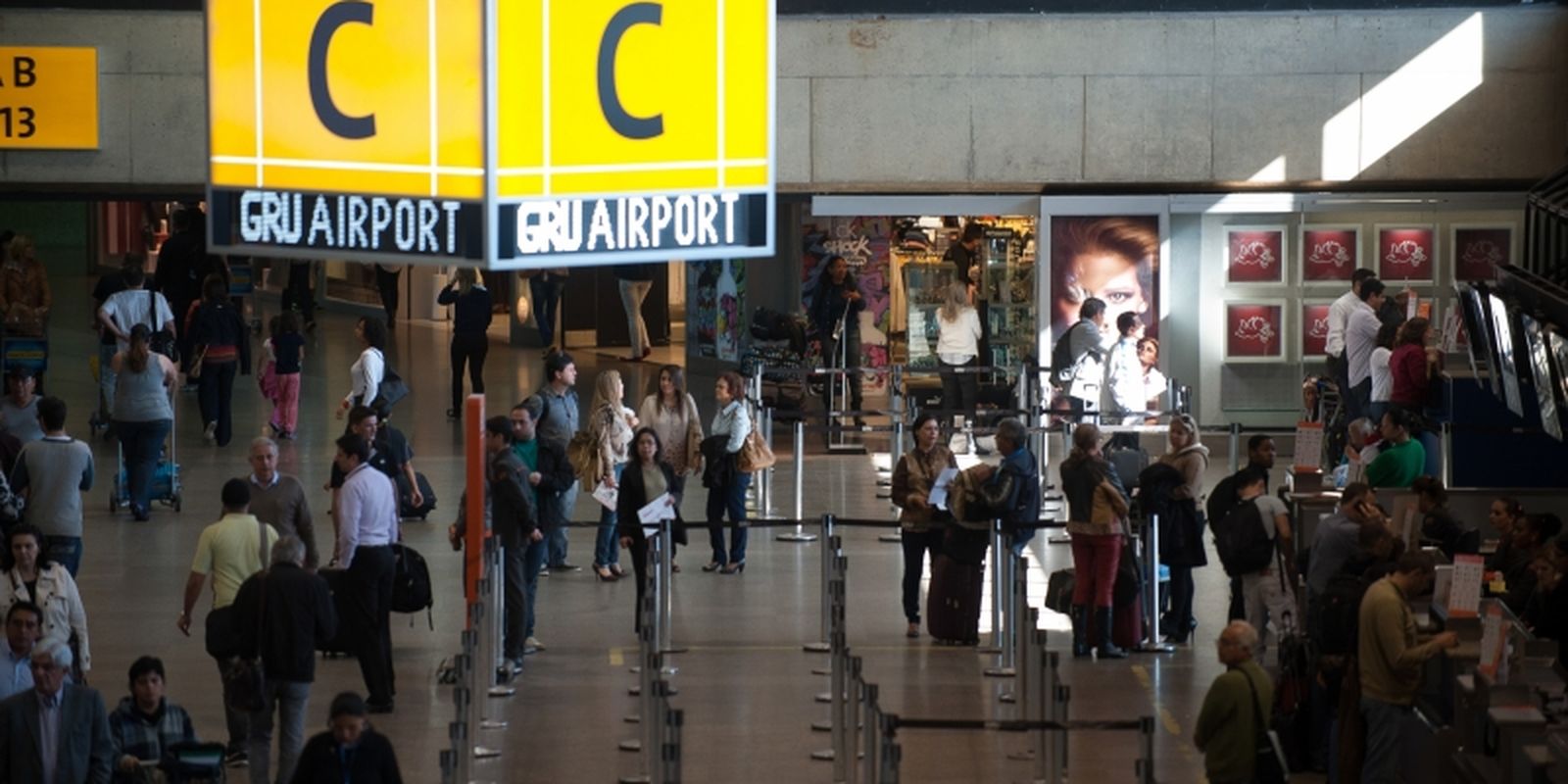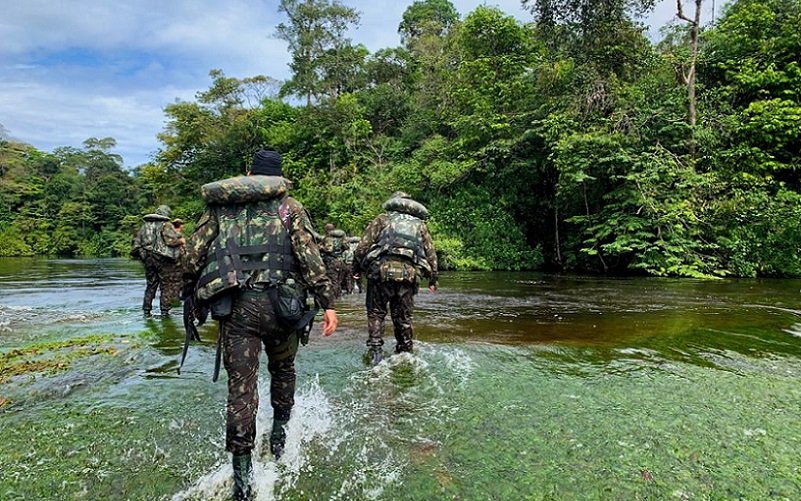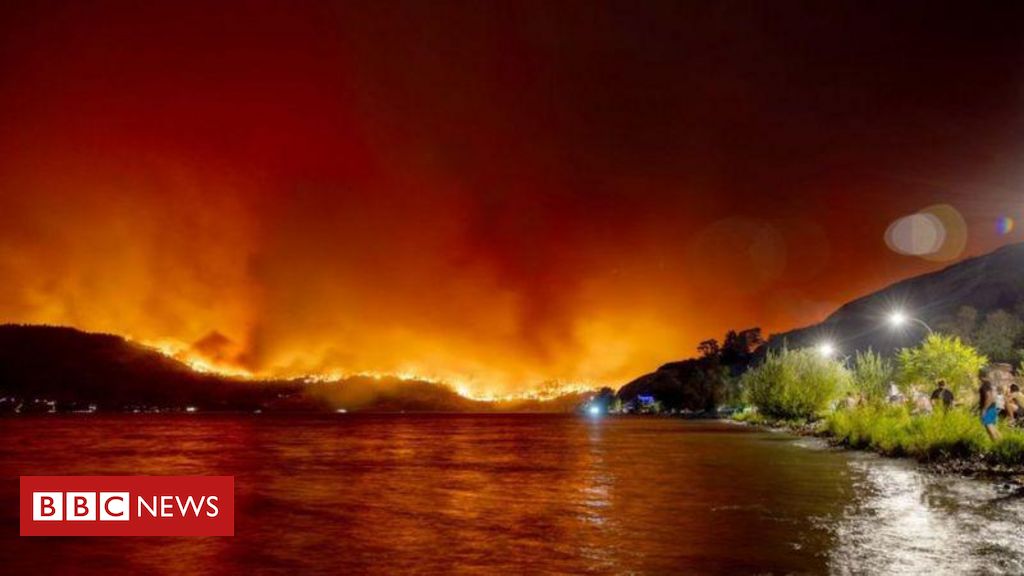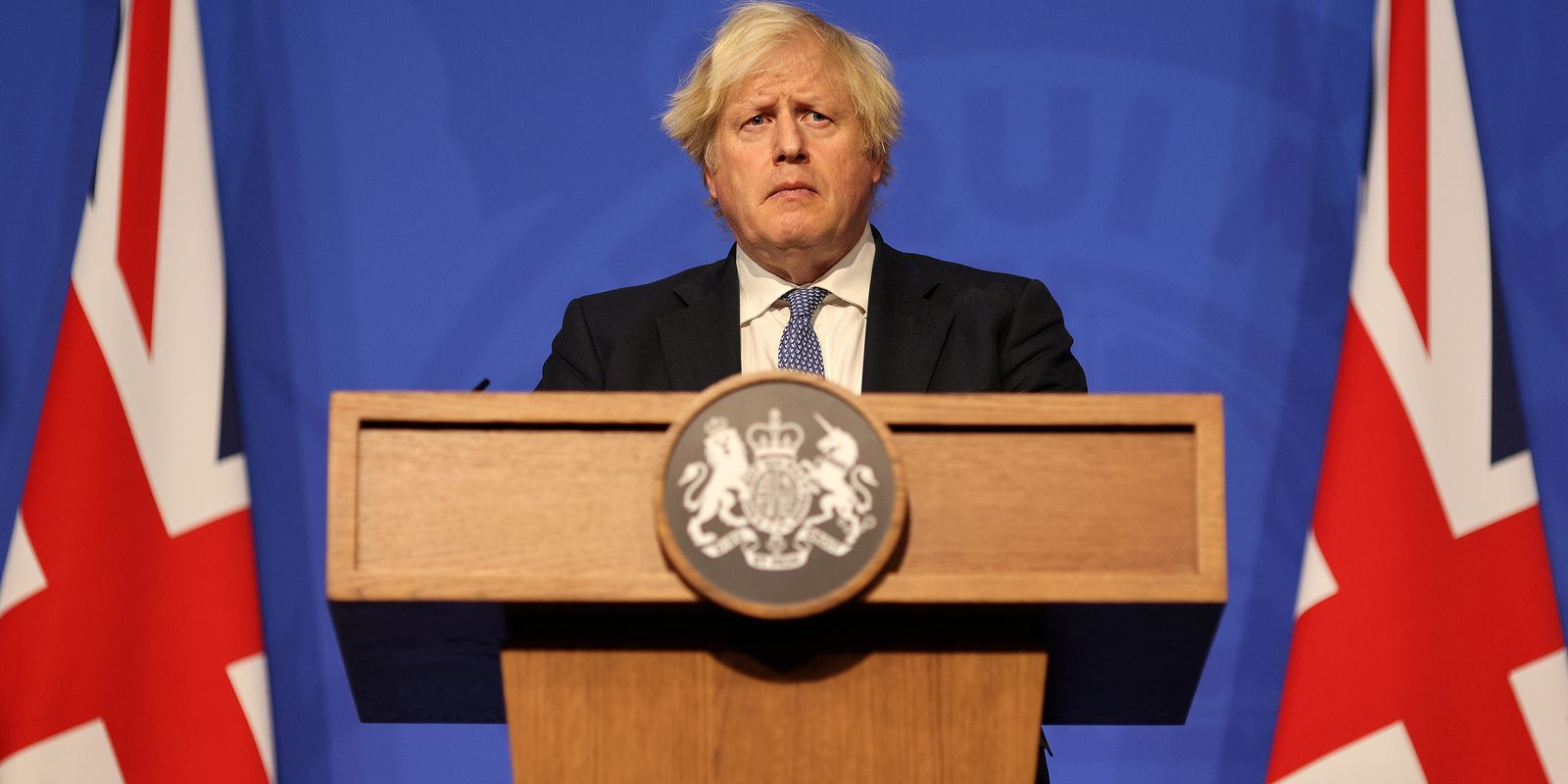O The announcement was made in New York by the Minister of Foreign Affairs of Colombia, Álvaro Leyva, during a session of the UN Security Council, specifying that at this first meeting neither the Venezuelan government nor the opposition should not participate.
“We have resumed diplomatic relations with Venezuela and on the 25th of this month a conference will be held in the capital, (…) in Bogotá, with the countries of Latin America, which includes the United States, Canada and European countries, to see how can lead to the resumption of political dialogues that had progressed in Mexico, between the opposition parties and President Maduro,” said Álvaro Leyva.
It is, he says, “a gesture of total peace”.
On January 18, 2023, the Venezuelan government made the resumption of dialogue with the opposition conditional on the return of the country’s assets blocked abroad and accused the United States of continuing to threaten Venezuela with new sanctions.
“If they don’t comply with returning to the Venezuelan people the $3.2 billion that they stole, that they took away, and that we made an agreement that they would come back, then there is no no reason to continue the dialogue with people who have no say, “said the head of the delegation representing the government at the dialogue table with the opposition, Jorge Rodríguez, during a session of the National Assembly , where Chavismo holds the majority.
On December 4, the Democratic Unitary Platform (PUD), Venezuelan opposition, accused the government of seeking to “exit from the agreements” negotiated in Mexico.
“We want to denounce that the regime has activated a series of actions aimed at getting out of the agreements,” the opposition said in a statement, stressing that it intended to “continue negotiations on political issues” and obtain the release of the “political prisoners”. , in addition to the return of “millions of families and exiles” to Venezuela.
On November 25, 2022, the Venezuelan government and opposition signed a second partial agreement on social protection in Mexico.
The agreement, which aims to release resources to help the most vulnerable populations, determines that the government and the opposition will have to cooperate in humanitarian expenditure, such as the payment of medical assistance projects or the repair of electricity networks.
According to the head of the opposition delegation, Gerardo Blyde, the resources would be channeled through a trust fund that would be designed and executed by the UN.
On November 31, Nicolás Maduro called for the release of the country’s frozen resources abroad and for “elections free from international sanctions”.
Washington replied that it would keep the sanctions policy intact until concrete steps were taken for the “return of democracy” in Venezuela.
Also Read: Nicolás Maduro Says Venezuela Will No Longer Accept US Threats

“Freelance communicator. Hardcore web practitioner. Entrepreneur. Total student. Beer ninja.”








